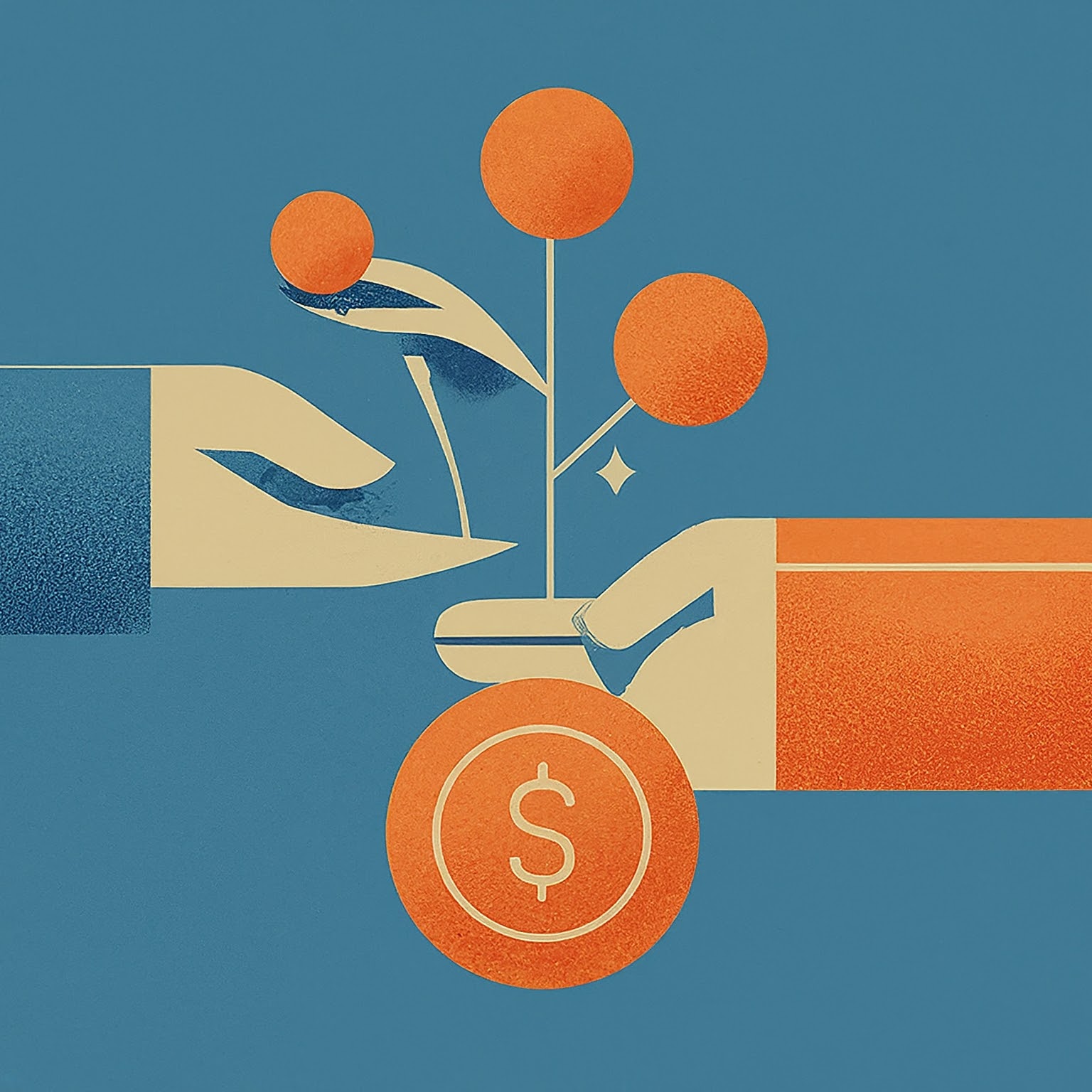Why You Need To Have Multiple Bank Accounts
Having just one account also puts all your...
September 5, 2024

Have you ever found yourself in need of quick cash but didn’t want to deal with the hassle of traditional banks? Or maybe you’re looking for a way to make your money work harder for you? Well, you’re not alone.
Many Nigerians are turning to a new way of borrowing and lending money called peer-to-peer (P2P) lending. But with our economy changing faster than the latest Nollywood plot twists, you might wonder if P2P lending is still a smart move. Let’s dive in and see how this financial innovation is adapting to keep up with the times.
Imagine a marketplace where people who need money can meet directly with people who have money to lend. That’s P2P lending in a nutshell. It’s like the online version of borrowing from your rich uncle, but without the awkward family dinners. Unlike traditional banks, P2P platforms connect borrowers and lenders directly, often offering better rates for both sides.
In Nigeria, P2P platforms have been making waves, showing that we’re not just consumers of global trends, but active participants in the fintech revolution.
Let’s face it, our economy has been on a wild ride lately. From the naira’s value swinging like a pendulum to inflation rates that make your grocery bills look like they’re on steroids, it’s clear that things are changing. Traditional banks are tightening their belts, making it harder for the average Nigerian to get loans.
But here’s where it gets interesting: these challenges are creating opportunities for P2P lending to shine. As banks become more cautious, P2P platforms are stepping up to fill the gap, offering hope to small business owners and individuals alike.
So, how are P2P platforms like Peer Lendly staying afloat in these choppy economic waters? By being as flexible as a Lagosian in traffic. They’re getting smarter about assessing risk, especially important when the economy is as unpredictable as Nigerian weather.
For lenders, diversification is the name of the game. Instead of putting all their eggs in one basket, smart investors are spreading their money across different types of loans. It’s like betting on multiple horses in a race – you increase your chances of coming out ahead.
Borrowers aren’t left out either. P2P platforms are cooking up innovative loan products faster than your favorite mama put spot. From quick emergency loans to flexible repayment plans for small businesses, there’s something for everyone.
Remember how fintech seemed like something out of a sci-fi movie just a few years ago? Well, it’s here, and it’s making P2P lending smarter than ever. Artificial Intelligence is being used to assess creditworthiness, going beyond just looking at bank statements. It’s like having a super-intelligent loan officer who never sleeps.
Blockchain technology is also entering the scene, promising to make transactions more transparent than clear soup. And with more Nigerians owning smartphones than ever before, mobile platforms are making it possible to apply for or invest in loans while stuck in Lagos traffic.
Now, you might be wondering, “Is all this legal?” The good news is that regulators are paying attention. While P2P lending is still a bit of a “new kid on the block” in Nigerian finance, bodies like the SEC are working on frameworks to keep things in check.
For P2P platforms, staying on the right side of the law is crucial. It’s not just about avoiding trouble; it’s about building trust with Nigerians who are understandably cautious about new financial services.
If you’re thinking of dipping your toes into P2P lending as an investor, you’re not alone. Many Nigerians are looking at it as a way to make their money work harder, especially with traditional savings accounts offering returns lower than Iya Basira’s plantain prices.
The key is to spread your risk. Don’t put all your money into one loan or even one type of loan. Mix it up – some short-term, some long-term, some personal loans, some business loans. It’s like creating a balanced diet for your money.
For those needing loans, P2P platforms can be a breath of fresh air. Whether you’re a small business owner looking to expand or an individual needing to cover unexpected expenses, P2P lending might offer solutions when traditional banks say “no.”
The process is often quicker and less painful than traditional loan applications. No need to print out a forest’s worth of documents or spend hours in a bank queue. With most platforms, you can apply from the comfort of your home, maybe while enjoying some suya and a cold drink.
So, what’s next for P2P lending in Nigeria? Experts predict continued growth, with platforms possibly teaming up with other fintech services. Imagine a future where your P2P lending account seamlessly integrates with your digital wallet and investment apps – financial management as smooth as a well-made pap.
Of course, it’s not all sunshine and rainbows. Economic downturns can lead to higher default rates, and there’s always the need to stay vigilant about cybersecurity. But with challenges come opportunities for innovation.
P2P lending isn’t just surviving in our changing economy; it’s finding ways to thrive. By adapting to economic shifts, embracing technology, and offering solutions that work for real Nigerians, it’s carving out its place in our financial landscape.
Whether you’re looking to borrow or invest, P2P lending offers interesting opportunities. But as with anything financial, it pays to do your homework. Research platforms thoroughly, understand the risks, and maybe start small to get a feel for how it works.
Who knows? P2P lending might just be the financial tool you’ve been looking for to navigate these interesting economic times. After all, in a world that’s changing faster than Nigerian internet trends, adaptability is the key to not just surviving, but thriving.

Having just one account also puts all your...
Setting goals is one thing, sticking to them...
Savings can help you handle unexpected expenses, achieve...